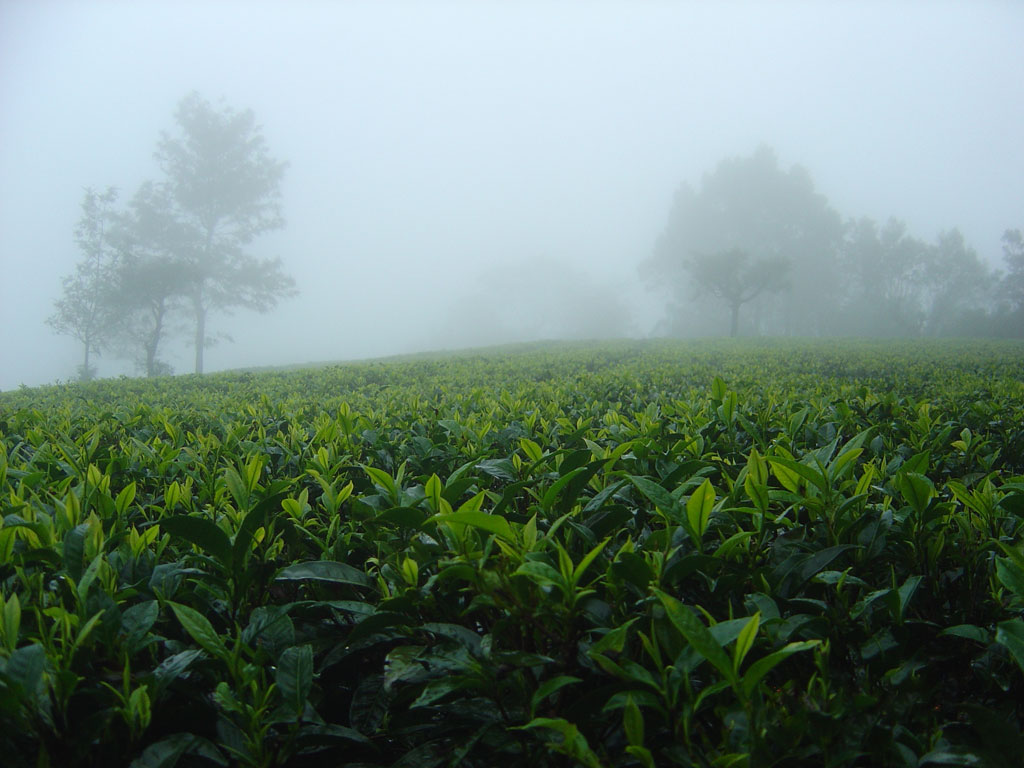Recently the BBC published an article about poor working and living conditions at an estate in the Assam region that supplies some of the largest tea companies in the world. Naturally, this has led to an influx of tea drinkers questioning the tea sourcing practices of the companies from which they buy their tea.
We recently discussed this issue internally at The Tao of Tea. One perspective that came up was that it is not simply the onus of the estate owners to improve the conditions, but also (and perhaps especially) of the large companies that buy from them. Many of the major tea companies pay around $5 per kilo (1000 grams) of tea from an estate like this. There is a huge profit margin for that company and not for the estate. When tea companies are ordering massive quantities and making massive profits, one way to look at it is that that they have an opportunity to do something right by paying a higher price per kilo.
 A note about tea sourcing and economics: Doing the math on what a tea company can make paying $5 a kilo is rather alarming! Consider 1000 grams parsed out into tea bags that each contain 2 grams or less. In the US, a typical box of teabags may only contain 15 teabags (28 grams) and sell for $10 or more. This can translate to the customer paying roughly $320 for the same kilo of tea that started at $5. Could some of this money be used to fund improvements and repairs for tea workers? Also worth noting from all of this is that full leaf teas tend to offer a better value for consumers than bagged.
A note about tea sourcing and economics: Doing the math on what a tea company can make paying $5 a kilo is rather alarming! Consider 1000 grams parsed out into tea bags that each contain 2 grams or less. In the US, a typical box of teabags may only contain 15 teabags (28 grams) and sell for $10 or more. This can translate to the customer paying roughly $320 for the same kilo of tea that started at $5. Could some of this money be used to fund improvements and repairs for tea workers? Also worth noting from all of this is that full leaf teas tend to offer a better value for consumers than bagged.
We are proud to work with many well known tea gardens in Assam. Among them is the Putharjhora Tea Garden. The owner, Binod Mohan, has been a pioneer in the organic and biodynamic tea movements of Assam. There are good things happening in Assam, just as there are problems that affect this and every tea region. We buy our teas in smaller batches, often paying more than $75-$100 / kg and not the typical $5 / kg. We have a relationship with our farms and examine each new tea we order for quality and flavor.
Thanks to the customers who have asked questions about sourcing and awakened an interesting and important discussion.
